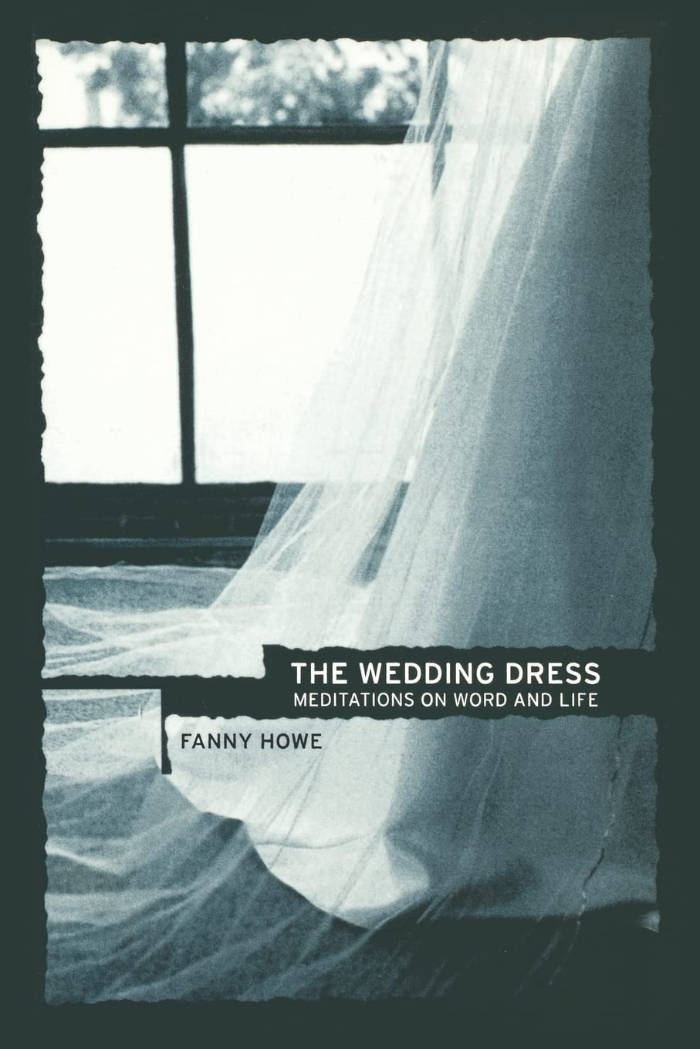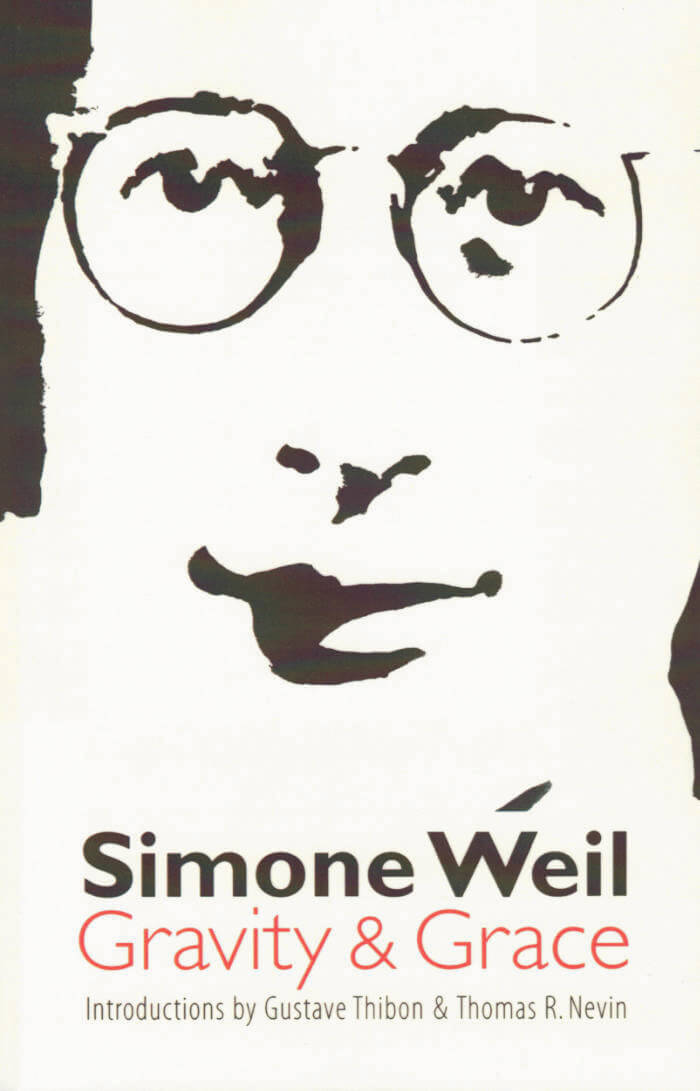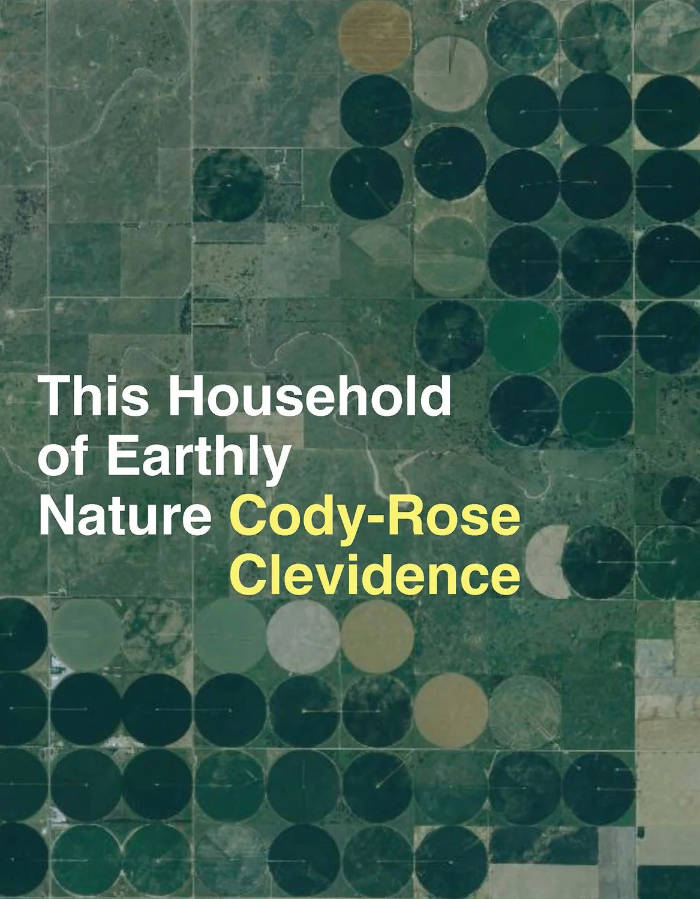
Cristina Campo: Translation / Commentary
Nicola Masciandaro ed., Andrea di Serego Alighieri ed.
The poet and writer Cristina Campo (Vittoria Guerrini, 1923-1977) is primarily known in Italy as a translator, especially of modernist poetic works and the writings of Simone Weil. Translation was for her an essential task and experience. As Margherita Pieracci Harwell recalls, “the hospitality offered to the poet to be translated, this self-emptying of the interpreter (a participatory offering, in which all the powers of her genius are stretched to the extreme because the other’s voice lives without distortions)—Cristina more than anyone proposed this as a goal.”
This bilingual volume proposes to reflect on this interface of reading and writing by focusing on the commentarial potential of Campo’s work, whose penetrating quality of attention flashes like a spark across the margin between the thing to be transmitted and the act of transmission. In a contemporary context in which the disconnection between the old and the new makes both strictly inaccessible, Cristina Campo’s work stands like a diamond point through which one may reflect on the multitemporal (and eternal) dimension of writing.
With translations and contributions by Andrea di Serego Alighieri, Visnja Bandalo, Laura Boella, Daniela Cascella, Monica Farnetti, Cristina Mazzoni, Nicola Masciandaro, Snejanka Mihaylova, Nicola di Nino, Adrian Nathan West, Chiara Zamboni.
Edited by Nicola Masciandaro & Andrea di Serego Alighieri.
published 2021
Language: English







